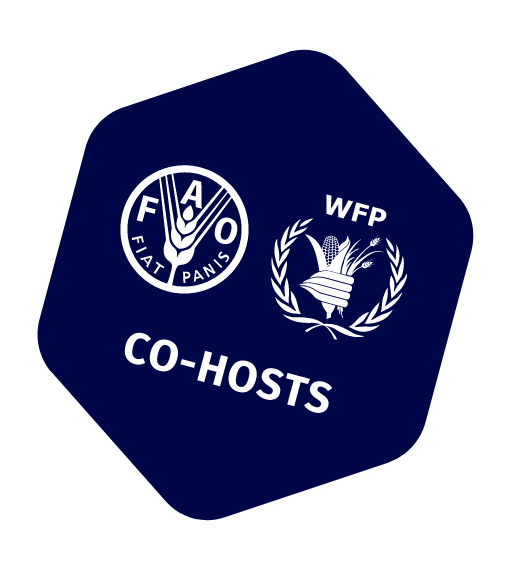Introduction to the parallel sessions
show more add to my calendar- Urbe Secades (WFP)
- Nora Guerten (FAO)
- Matthias Amling (German FFO)
A mix of high-level panel discussions, smaller thematic presentations and interactive sessions will give you the opportunity to learn more about anticipatory action, including its opportunities and challenges, and to enquire about specific regions and topics that interest you personally.

Speakers:
- María Huerta Urías, SIA Desarollo, Consultant
- Dr. Natasha Aruri, TU Berlin, Post-doctoral Researcher
- Shavkat Abdujabarov, German Red Cross, Regional Project Coordinator
- Khairul Sheikh, German Red Cross, FbF Project Delegate
- Elena Suero, German Red Cross, FbF Project Delegate
Find clues and collaborate to solve the Anticipatory Action Challenge in Gather.town! You have an important mission to complete: solve three challenges to reveal ancient wisdom! You can explore, connect and collaborate during the treasure hunt. Come on time so you do not miss the starting briefing.
Facilitators:
A sneak peak into 2022 for the global anticipatory action community.
Join this interactive session to reflect on the journey of the Anticipation Hub and priorities going forward to strengthen the global anticipatory action community. Participants will then be transported into the future to play the Headlines game to develop a shared vision for our anticipatory action community in 2022 and beyond.
Irene Amuron, RCRC Climate Center, Anticipation Hub
Kara Siahaan, GRC, Head of the Anticipation Hub
- Gernot Laganda, WFP, Director Climate and Disaster Risk Reduction Programmes
- Dominique Burgeon, FAO, Director, Liaison Office with the UN in Geneva
- Alexandra Rüth, GRC, Head of team Knowledge and Innovation
- Regie Gibson, poet, songwriter, author, workshop facilitator and educator